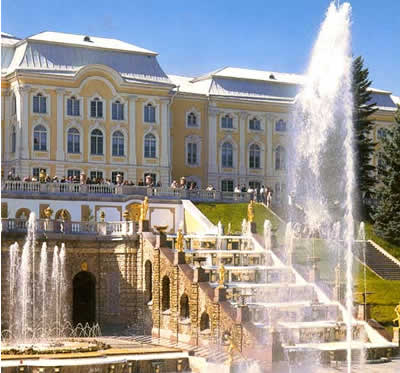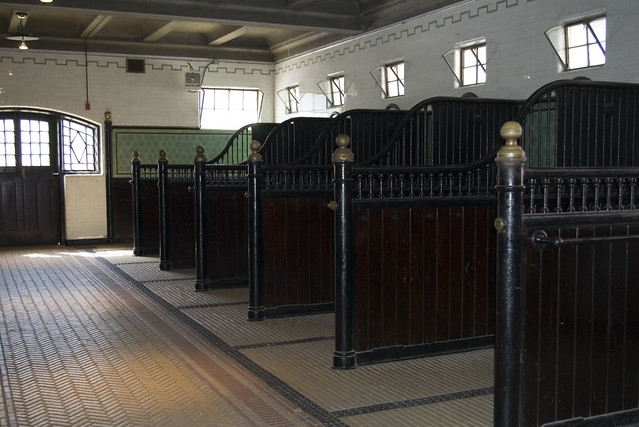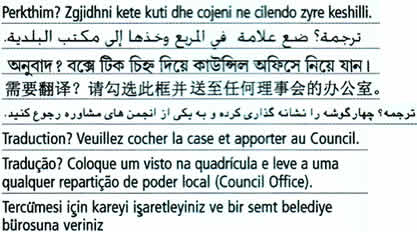Nos Mercher, es i barti yn y Canolfan Iwerddon Hammersmith. Canais dair gân gyda’r grŵp canu ac roedd grwpiau eraill yn dawnsio neu yn chwarae cerddoriaeth. Naethon y plant drama bach ac roedd Siôn Corn yn y man hefyd. Mwynheuais fy hunan yn fawr.
Roedd parti Nadolig yn y swyddfa Nos Wener. Roedd y thema eleni “iâ” ac roedd addurniadau yn cysylltiedig ag iâ ac eira ymhobman, yn gynnwys pluen eira enfawr wedi cael ei cherflunio yn iâ. Ar ôl cinio bwffe, roedd band jazz yn chwarae a roedd disgo.
Neithiwr, es i i weld Kate Rusby, cantores gwerin o Sir Efrog, yn y Brighton Dome. Mae llais hyfryd ‘da hi, mae hi’n chwarae’r gitâr yn dda iawn, ac roedd cerddorion talentog iawn yn perfformio gyda hi hefyd. Roedd y gyngerdd yn anffurfiol ac roedd Kate yn sgwrsio am y caneuon, ei fywyd ac y band fel bydden ni mewn tafarn. Canodd hi rhai o garolau o Sir Efrog a chalonogodd hi i bawb canu gyda’n gilydd. Roedd hi’n wych!
Cóisir agus ceolchoirm
Oíche Mháirt chuaigh chuig cóisir i Lárionad na hÉireann Hammersmith. Chan mé cúpla amhráin le grúpa amhránaíocht, agus bhí grúpa eile ag damhsa agus ag seinn ceól. Rinne na páiste dráma beag agus bhí Daidí na Nollag ann san áit fosta. Bhain mé an-sult as.
Bhí cóisir Nollag ann san oifig oíche Aoine. I mbliana bhí an téama “oighear” agus bhí maisiúcháin ann a raibh bhaint acu le oighear agus sneachta i ngach áit. I ndiaidh dinnéar buifé, sheinn banna snagcheol agus bhí dioscó ann.
Aréir chuaigh mé chuig ceolchoirm Kate Rusby, amhránaí ceol tíre as Yorkshire sa Brighton Dome. Tá guth álainn léi, tá sí ag seinn an giotár go han mhaith, agus sheinn ceoltóirí den chéad scoth léi fosta. Bhí an ceolchoirm an neamhfhoirmiúil agus labhair Kate linn faoi na hamhráin, a beatha agus an banna mar a raibh muid i dteach tábhairne. Chan sí cuid caruil na Nollag as Yorkshire spreag sí gach duine ag canadh le chéile. Bhí an ceolchoirm go hiontach!
Parties and concerts
On Tuesday night I went to a party at the Irish Centre in Hammersmith during which I sang a few songs with the singing group. Other groups danced, sang or played music as well, and the kids put on a short play involved Father Christmas and some dwarves. It was a great night.
On Friday night we had the office Christmas party at the office. The theme this year was ice and there were clouds of dry ice and lots of ice and snow-related decorations around the place, including an impressive ice sculpture of a snowflake. After a buffet dinner, which was quite tasty, there was a disco with a live jazz band.
Last night I went to see Kate Rusby, a folk singer from Yorkshire, at the Brighton Dome. She has a lovely voice, plays a mean guitar and sings a mixture of traditional folk songs and ones she’s written herself. Last night she was accompanied by some very talented musicians, including Anna Massie, a singer and multi-instrumentalist who plays the fiddle, mandolin, guitar and banjo, and also has her own band.
It was an informal affair with Kate chatting to us about the songs, her life and the band between numbers as if we were in the pub. As well as folk songs, she also sang Yorkshire versions of some Christmas carols. We were all given song sheets with the words for the carols on the way in and were encouraged to join in. It was excellent.




